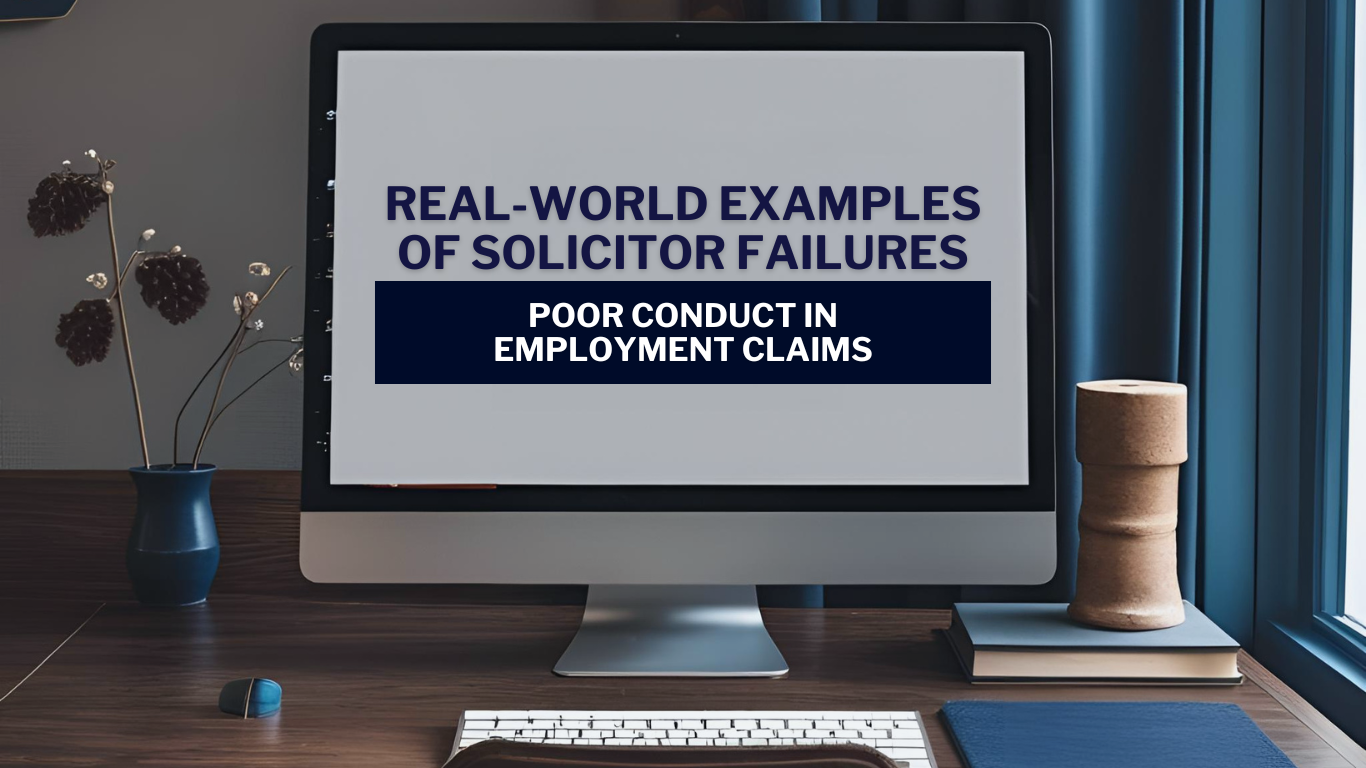By Christopher Clue
•
min read


Earlier today the Supreme Court handed down judgment in the case of The Manchester Ship Canal Company Limited (“MSCC”) and United Utilities Water Limited (“UUW”) in regard to a declaration sought by UUW. The declaration sought was whether discharges of untreated foul water into the canal waterways from the sewers operated by them, were actionable claims under private law in nuisance and trespass, or whether such claims were ousted by the Water Industry Act 1991 (“the “1991 Act”). The 1991 Act provides a statutory enforcement mechanism for breaches of duty by sewerage undertakers such as discharges of foul water.
The discharges claimed by MSCC were not due to the negligence of UUW but could be avoided if investment into the infrastructure and treatment processes were improved.
The dispute has been long running with UUW succeeding in both the High Court and the Court of Appeal in being granted the declaration sought that the claims were ousted by the 1991 Act.
However, the Supreme Court found in favour of MSCC for the following reasons:
What does this mean for private land owners?
On the face of it, this is good news for property owners who have had their rights infringed by the many discharges of foul water over the past few years. However, the Supreme Court accepted that injuncting water companies requiring them to spend significant sums on investment may disrupt and conflict with the 1991 Act. However, the court may seek to make an award for damages for previous incidents, present incidents and future incidents until the sewerage undertaker was in a position with Ofwat's approval to invest in a long term solution.
Those who own properties on the beach however, the present case does not assist as the 1991 Act defines the sea separately to watercourses. However, in view of this latest decision, it may make the utility companies reconsider their present conduct with discharges.
If you own land that has been affected by the discharge of foul water by a person or utility company, we can help bring common law claims for damages in relation to these claims.
For the full judgment, please click here: https://www.supremecourt.uk/cases/docs/uksc-2022-0121-judgment.pdf
If you would like further advice on this or any other matter, please contact Christopher Clue directly below.
Get in Touch